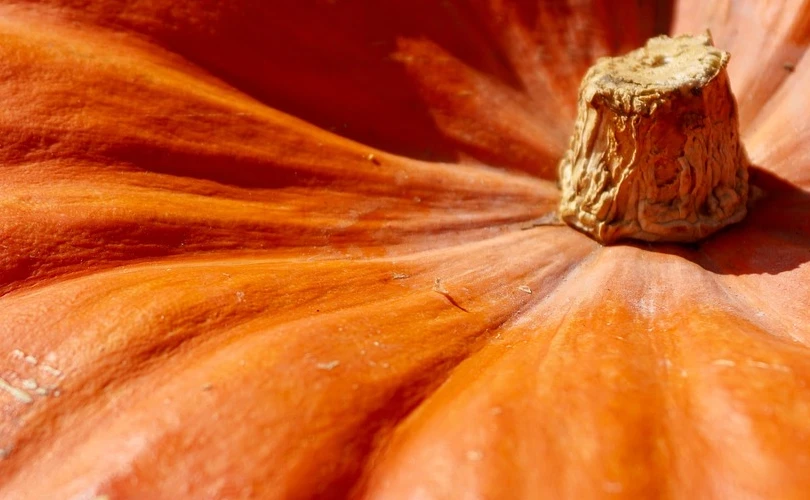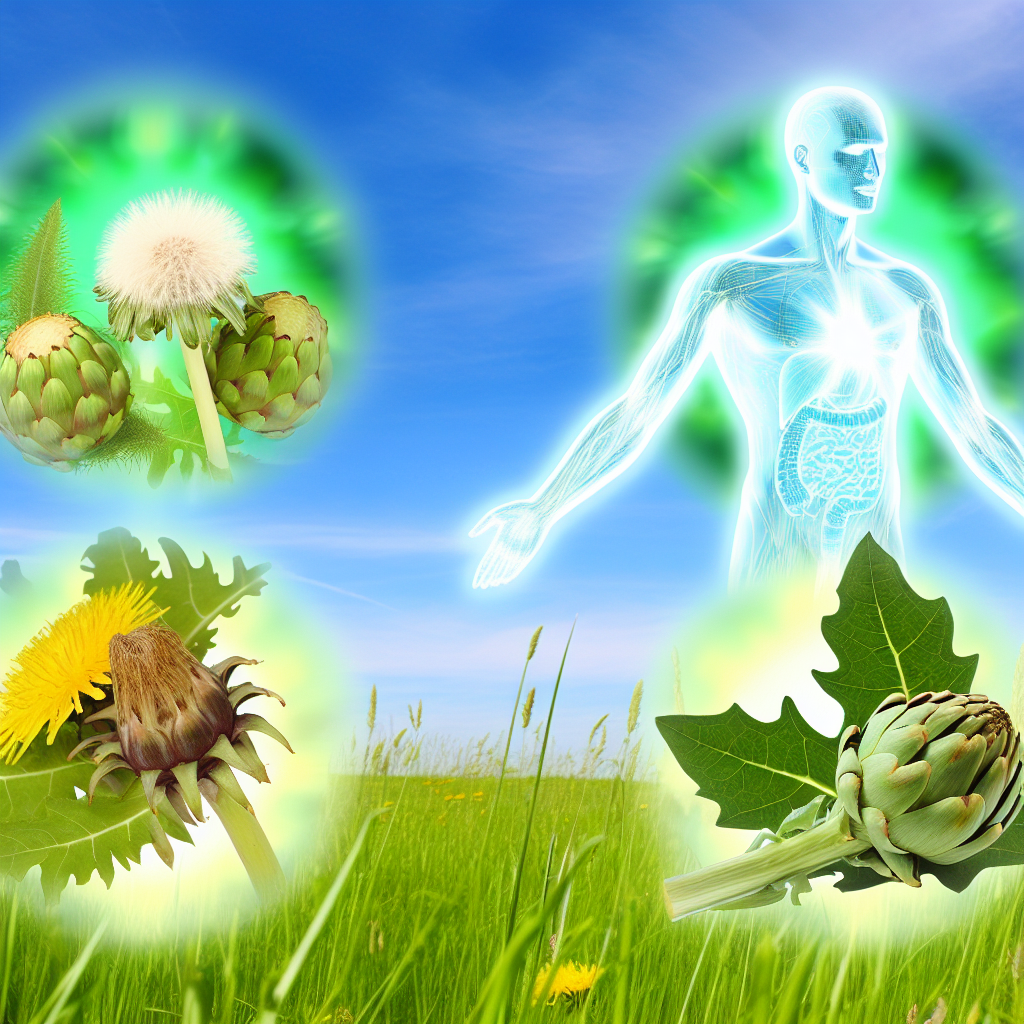Pumpkin is a healthy and adaptable meal with several health advantages. It contains vitamins A, C, and E, potassium, fiber, and antioxidants.
Here are some of Pumpkin’s health benefits:
Enhances eyesight. Pumpkin is high in beta-carotene, which the body converts to vitamin A. Vitamin A is necessary for proper vision, especially at night.
Immune system booster. Pumpkin contains vitamin C, which helps to enhance the immune system.
Vitamin C is also a potent antioxidant that can aid in cell protection.
Reduces the risk of cancer. Pumpkin includes carotenoids, which are plant pigments with antioxidant and anti-cancer effects.
People who consume a diet high in carotenoids have a decreased chance of acquiring cancers such as lung, stomach, and prostate cancer, according to research.
Enhances digestion. Pumpkin is high in fiber, which helps to maintain a healthy digestive tract. Fiber adds weight to the stool and prevents constipation.
It guards the heart. Pumpkin contains potassium, which aids with blood pressure regulation. Pumpkin also includes antioxidants, which may aid in the protection of the heart from illness.
Aids in weight loss. Pumpkin is a high-fiber, low-calorie meal. Fiber can make you feel full after eating, which can help you lose weight.
Numerous Advantages
Pumpkin’s capacity to protect the heart is one of its numerous health advantages. This is due in part to the fact that Pumpkin contains potassium, an essential element that aids in blood pressure regulation.
High blood pressure is a crucial risk factor for heart disease; therefore, eating potassium-rich foods like Pumpkin can help keep blood pressure in check.
But that is not all; Pumpkin also contains antioxidants that can help protect the heart from illness. Antioxidants may neutralize damaging free radicals in the body, which can cause cell damage and contribute to chronic illnesses like heart disease.
Pumpkin, in particular, is high in carotenoids, a kind of antioxidant that has been demonstrated to have heart-protective properties. Beta-carotene, in particular, has been associated with a decreased risk of heart disease.
In addition to being high in potassium and antioxidants, Pumpkin is also high in fiber, which is beneficial to heart health. Fiber can help decrease cholesterol and lower your risk of heart disease.
Generally, including Pumpkin in your diet is an excellent method to protect your heart while promoting general health and wellness. This versatile vegetable is a healthful and tasty complement to any meal, whether roasted, pureed, or baked into a beautiful pumpkin pie.
Aside from its health benefits, Pumpkin is a delicious and adaptable meal that can be consumed in various ways. You can roast, bake, steam, or purée pumpkin. It is suitable for making soups, stews, pies, breads, and other foods.
Suggestions
Here are some suggestions for incorporating Pumpkin into your diet:
Salads, soups, and stews may all benefit from adding roasted pumpkin chunks.
Purée the Pumpkin and include it in smoothies, yogurt, or cereal.
Make a pumpkin pie, muffins, or bread with it.
Add pumpkin puree to chili, tacos, or pasta meals.
Roast pumpkin seeds and nibble on them.
Pumpkin is a nutritious and tasty dish that may be prepared in various ways. Consider including Pumpkin in your diet to get its numerous health advantages.

Dominic E. is a passionate filmmaker navigating the exciting intersection of art and science. By day, he delves into the complexities of the human body as a full-time medical writer, meticulously translating intricate medical concepts into accessible and engaging narratives. By night, he explores the boundless realm of cinematic storytelling, crafting narratives that evoke emotion and challenge perspectives.
Film Student and Full-time Medical Writer for ContentVendor.com




